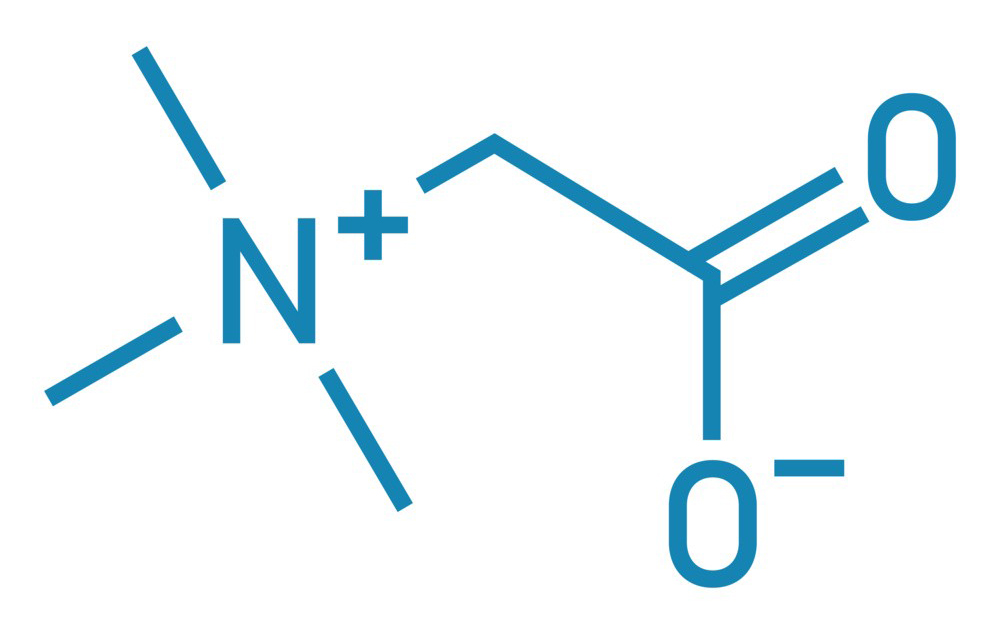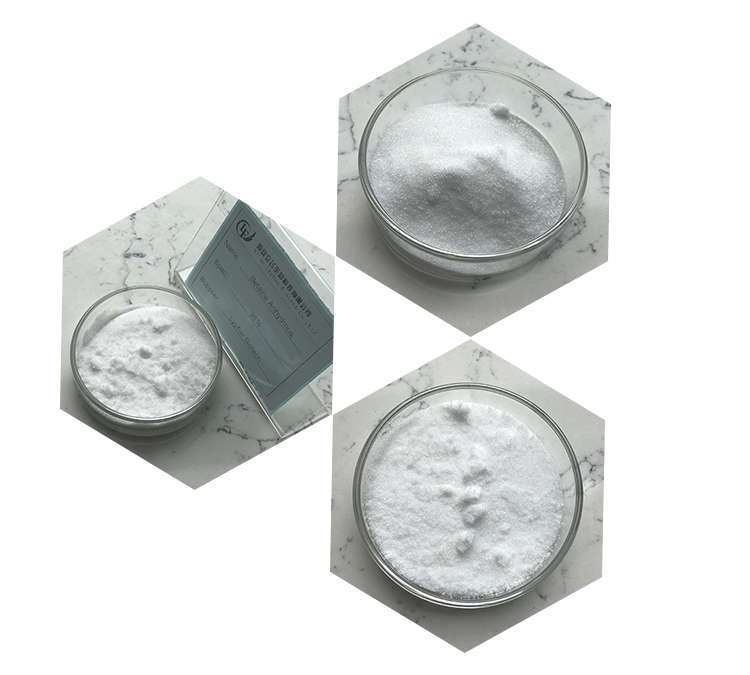Betaine (also known as trimethylglycine) is a naturally occurring compound with a variety of pharmacological actions, particularly in the context of cellular metabolism, osmoregulation, and liver function. Here are some of its primary pharmacological actions:
1. Methyl Donor
- Betaine functions as a methyl donor in the body, especially in the conversion of homocysteine to methionine. This is crucial because elevated levels of homocysteine can increase the risk of cardiovascular diseases. By donating a methyl group, betaine helps to reduce homocysteine levels, thereby potentially reducing cardiovascular risks.
2. Osmoprotectant
- Betaine acts as an osmolyte, meaning it helps to protect cells under osmotic stress (i.e., changes in water and ion balance). This action is particularly relevant in the kidneys, where cells face fluctuating osmotic conditions. Betaine helps maintain cellular integrity and function in such environments.

3. Hepatoprotective Effects
- Betaine is known to have hepatoprotective properties, particularly in conditions like non-alcoholic fatty liver disease (NAFLD) and alcohol-induced liver injury. It can reduce the accumulation of fat in the liver (steatosis) and alleviate liver inflammation by improving lipid metabolism and promoting the export of triglycerides from the liver.
4. Enhances Physical Performance
- Betaine is sometimes used as a supplement to enhance physical performance and endurance. It is believed to support energy production and reduce fatigue during high-intensity exercise by influencing muscle protein synthesis and enhancing muscle endurance.
5. Role in Digestive Health
- In its form as betaine hydrochloride (HCl), it is used as a digestive aid to supplement stomach acid, particularly in individuals with low stomach acid (hypochlorhydria). This can improve the digestion of proteins and the absorption of nutrients like iron, calcium, and vitamin B12.
6. Anti-Inflammatory Effects
- Betaine has shown anti-inflammatory properties, particularly by reducing pro-inflammatory cytokines and modulating oxidative stress. This action may contribute to its protective effects in various inflammatory conditions, such as liver diseases and metabolic syndrome.
7. Lipid Metabolism
- By influencing lipid metabolism, betaine can help in reducing cholesterol levels and preventing the accumulation of fat in tissues, especially in the liver. This makes it beneficial in metabolic disorders like hyperlipidemia.

8. Potential Neuroprotective Effects
- Preliminary research suggests that betaine may have neuroprotective actions, potentially influencing cognitive function and protecting against neurodegenerative diseases by reducing oxidative stress and supporting methylation pathways important for brain health.
Clinical Uses of Betaine
- Treatment of homocystinuria (a genetic disorder characterized by high homocysteine levels).
- Liver protection in cases of fatty liver disease and other hepatic conditions.
- Dietary supplementation for athletes to enhance performance and reduce fatigue.
Betaine is pharmacological effects are largely related to its ability to regulate metabolic processes, protect cells under stress, and influence methylation pathways, making it a versatile compound in various therapeutic contexts.
